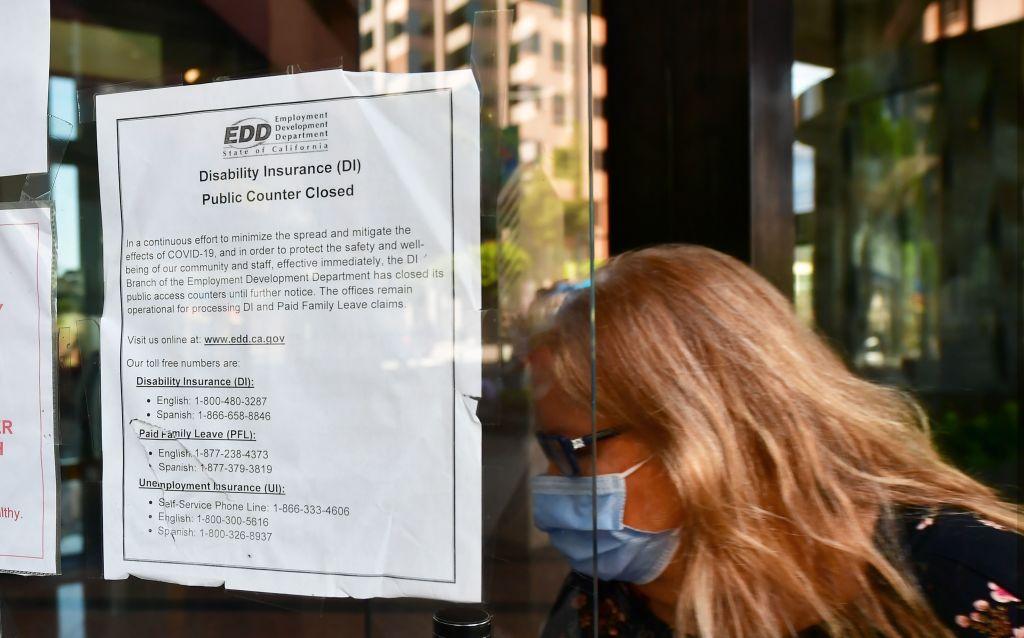California may have sent out as much as $11 billion in pandemic unemployment benefits to fraudsters, officials said Monday.
According to a press release (pdf), California’s Employment Development Department (EDD) has processed 19.5 million claims and paid out $114 billion in unemployment benefits since March 2020, when the CCP (Chinese Communist Party) virus pandemic hit the Golden State. An estimated 10 percent of those payments, or $11.4 billion, has been confirmed to be made to fraudulent claims.





